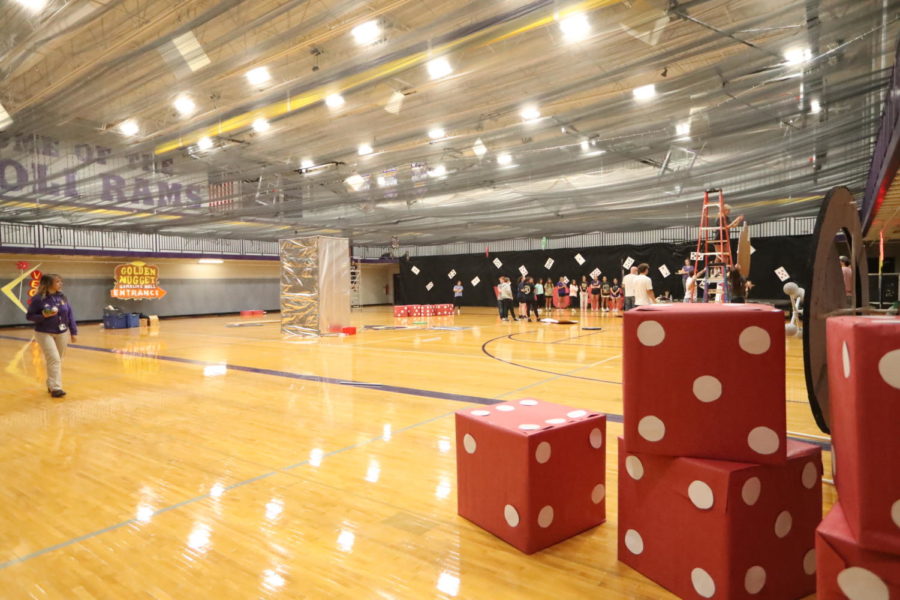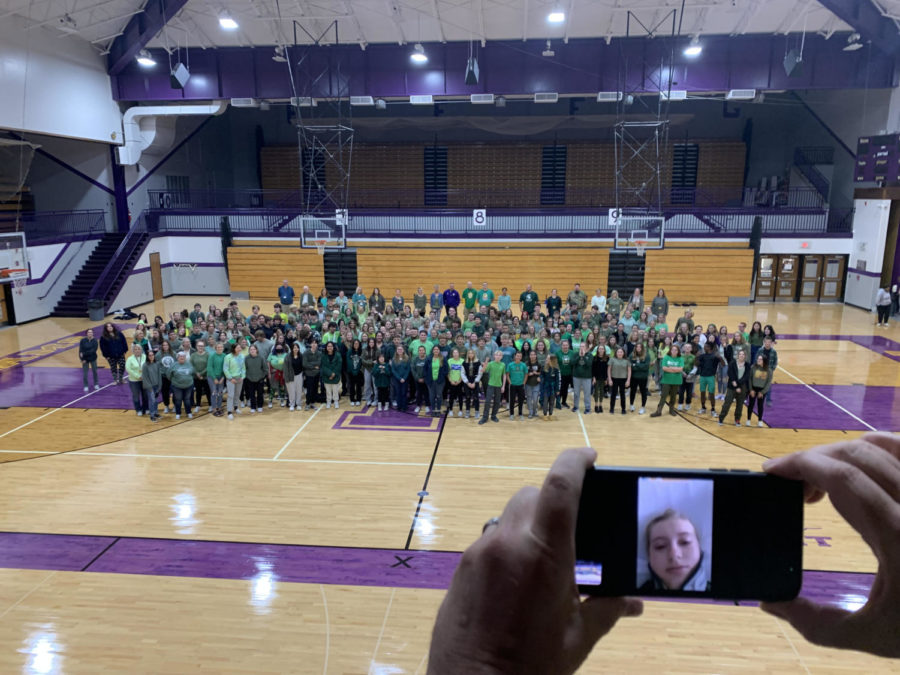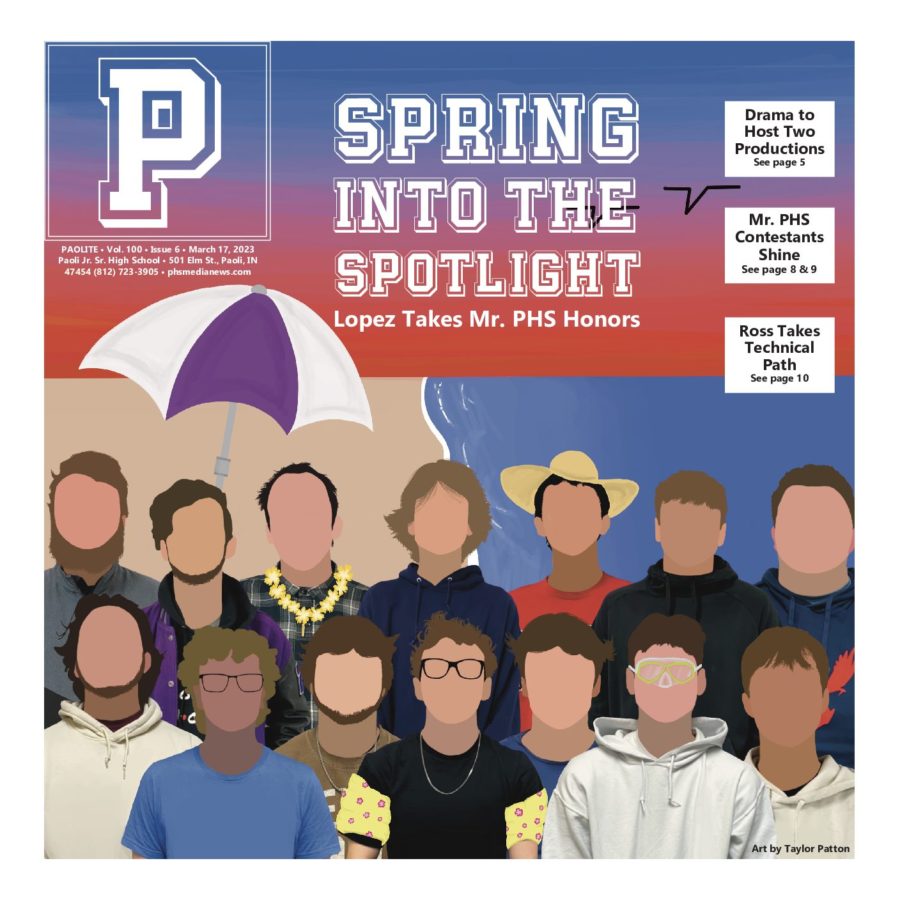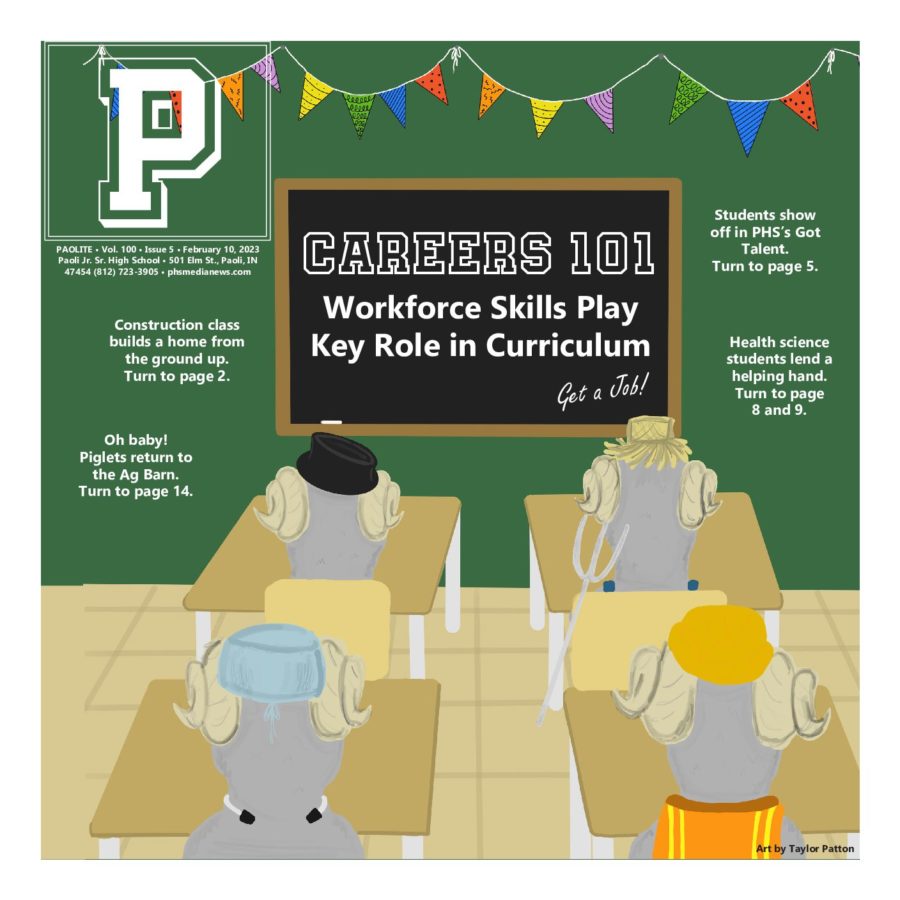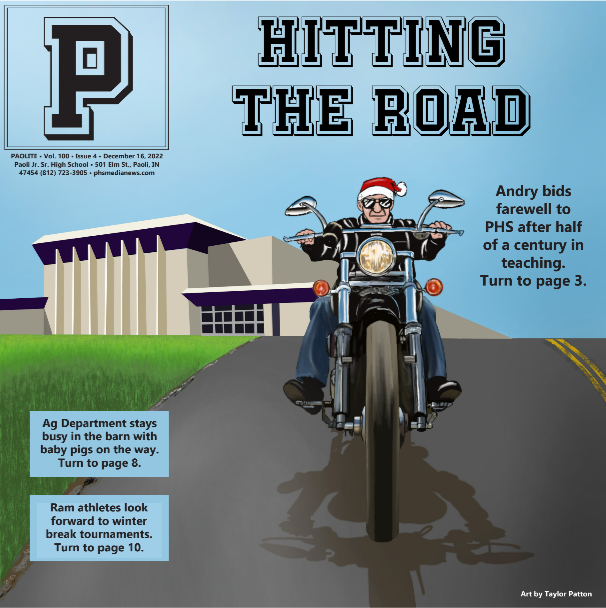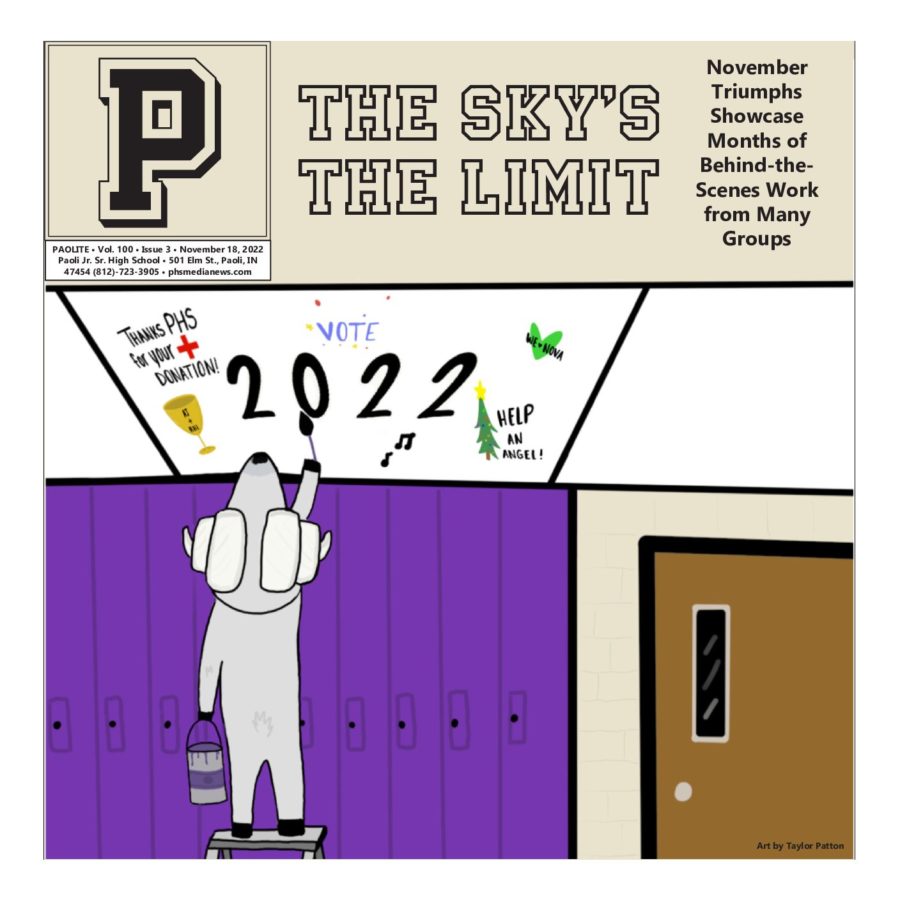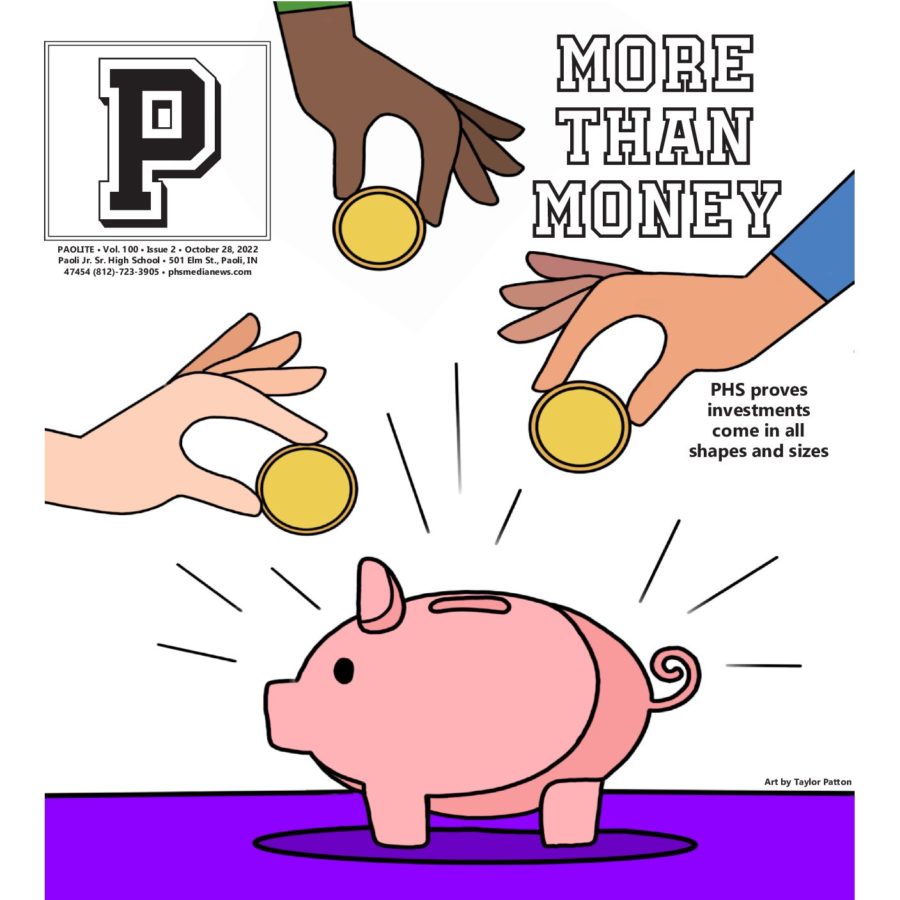Typical high school life involves relationships. In movies, books, and on TV teens are portrayed as driven to find a perfect mate to complete their happy ending.
Some relationships real teens find themselves in are just for fun, but others find the kind that last long after high school.
No matter the type, short or long, friendly or romantic, it is important for people in relationships to recognize the signs of an unhealthy relationship, romantic or not, so individuals can do what is necessary for their own happiness.
Communication is necessary in a healthy relationship. It is normal to disagree and occasionally argue with you partner, but it is essential to work through whatever problems you face. Without talking, nothing can be fixed.
“One of the most important keys to successful communication is to actually listen, not assuming you know what the other person is going to say, or what they mean, or being busy formulating a response until you have actually heard what they are saying,” said English teacher Maria Wishart.
One sure sign of an unhealthy relationship can be constant arguing. An environment where a couple cannot safely communicate is not healthy and can cause emotional distress. Any form of abuse including physical, verbal or emotional, are not acceptable and is not something that should be tolerated.
“Emotional abuse in high school is common,” said guidance counselor Brandi Kerley. “What’s tough is that students don’t realize its happening. “
Emotional abuse in relationships is not as easy to identify as physical, but can be just as harmful. Emotional abuse can be manipulating your partner, making them feel bad about themselves, or “guilting” them into doing actions they do not wish to do. This includes pressuring a partner for sex. If you significant other is not ready for sex, pressuring them leaves them feeling guilty and hurt. It could also lead to a lot of resentment in the future.
Males may thing that this information does not pertain to them, or that only females can be victims of abuse in relationships. This is simply not true. As unfortunate as it is, females are just as capable as males to cause emotional, verbal, or even physical abuse to their partner.
Both of our school’s guidance counselors – Brandi Kerley and Brandon Crowder – have seen many occasions of males being abused by females.
“It’s just as common as abuse towards females,” said Kerley. “They feel like its normal because they don’t have the awareness and knowledge that it’s not.”
Crowder went on to say that the after-effects of a break-up is usually worse on males, who are typically more harassed.
Codependency is also a big issue in relationships. Many young couples quickly become attached to one another and develop and “I can’t live without you” type of mentality. This many not necessarily be a bad thing, but often the results of it are. Couples who become too codependent tends to push other people out of their lives. There needs to be a balance, and time still needs to be taken for friends and family – not just your significant other.
“You have to maintain your own identity. Have friends, do things for yourself – that make you appreciate your partner,” said Pam Minton.
Codependency can also be a partner saying “I will kill myself if you leave me.” This is a huge red flag. A partner that says this is not a healthy partner to have, as often they are manipulative in many other ways as well.
Guidance counselor Brandon Crowder married his high school sweetheart, saying that it worked so well because they did not feel the need to control one another. Whenever couples get so controlling, it is usually an issue of trust. Crowder’s relationship lasted even when he was in college and his wife was in high school because they trusted each other so much.
High school relationships are very common, and even healthy. Experiencing “puppy love” or even real love in high school can be very beneficial for emotional growth and maturity. Sometimes broken hearts happen, but they teach real life lessons that can be very valuable in the future. And ended relationship should not be thought of as “wasted time” but really as a learning experience.
“You can’t take relationships that serious in highs school,” said Crowder.
Valentine’s Day has come and gone. Happy couples have exchanged their gifts and are feeling glad to be in a relationship. But perhaps take a moment to ask yourself: “Is my relationship healthy?” The answer may make you change your mind about your significant other, even after the holiday. And that is totally okay.
Story By Lindsay Begley

